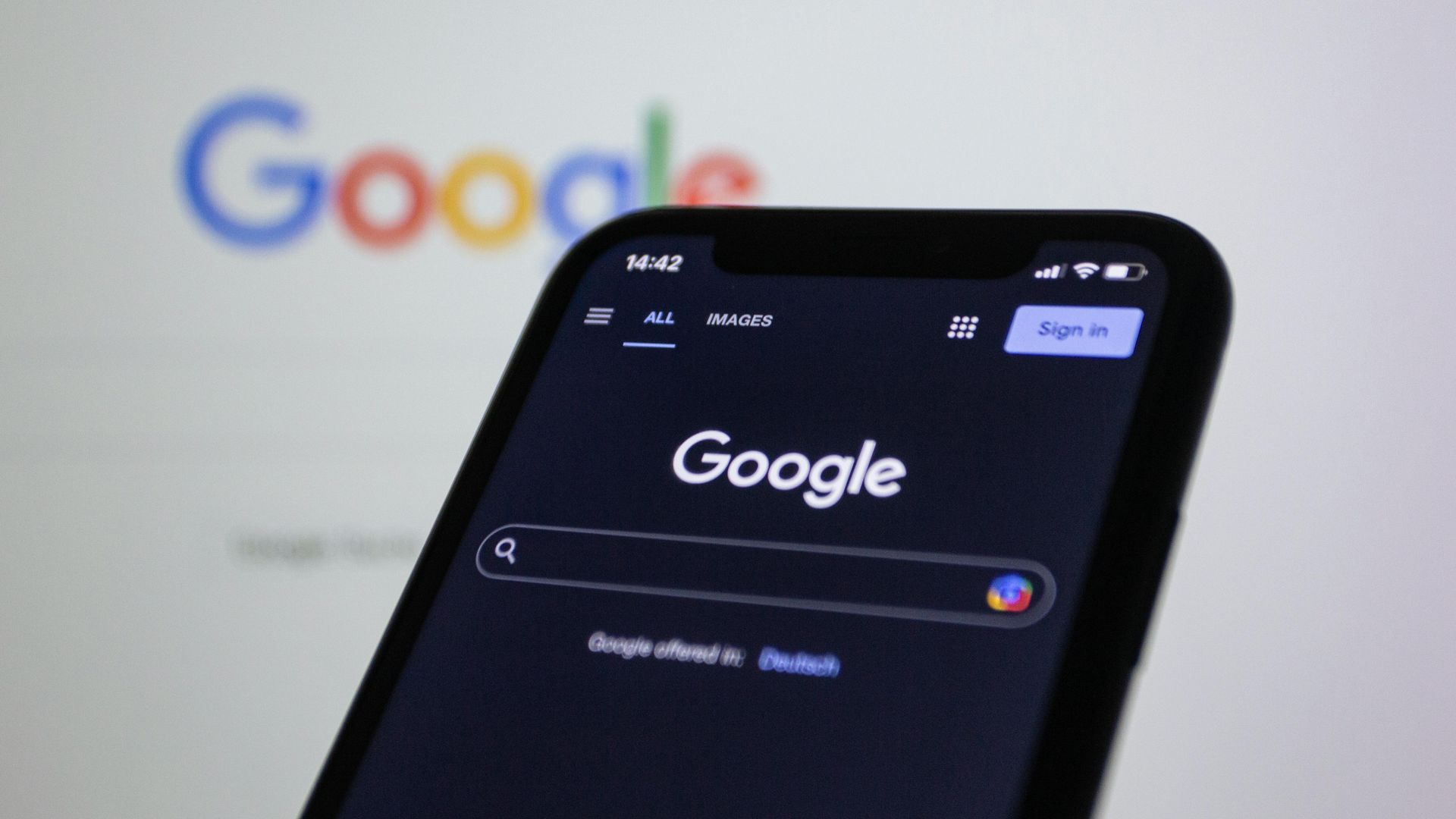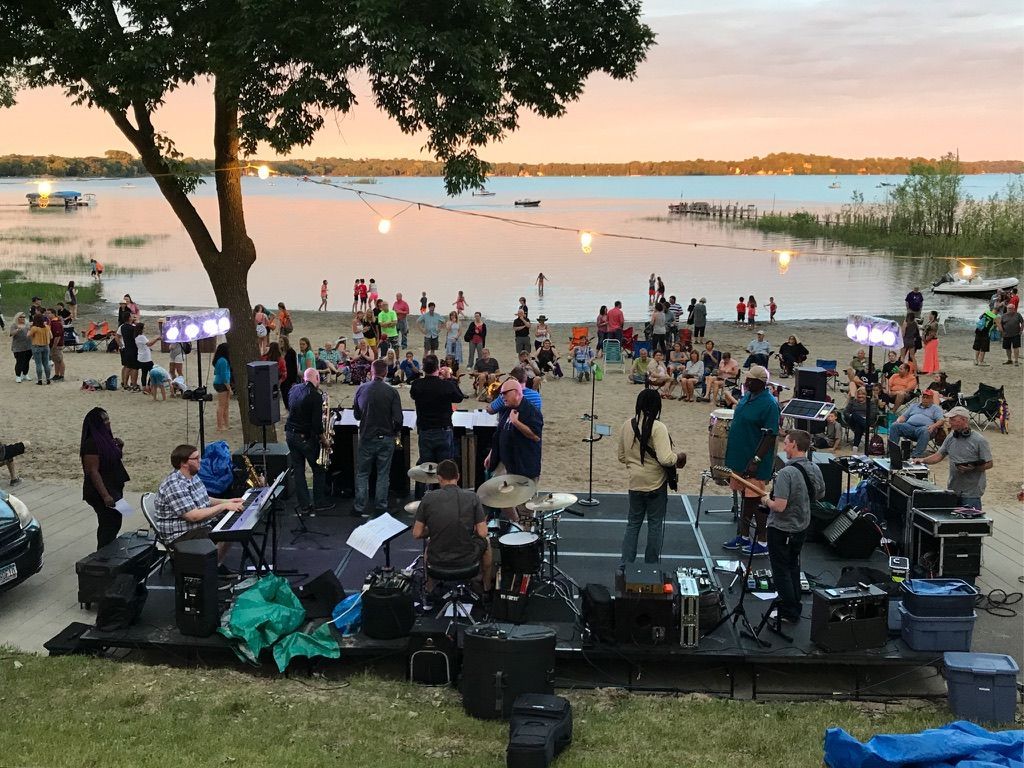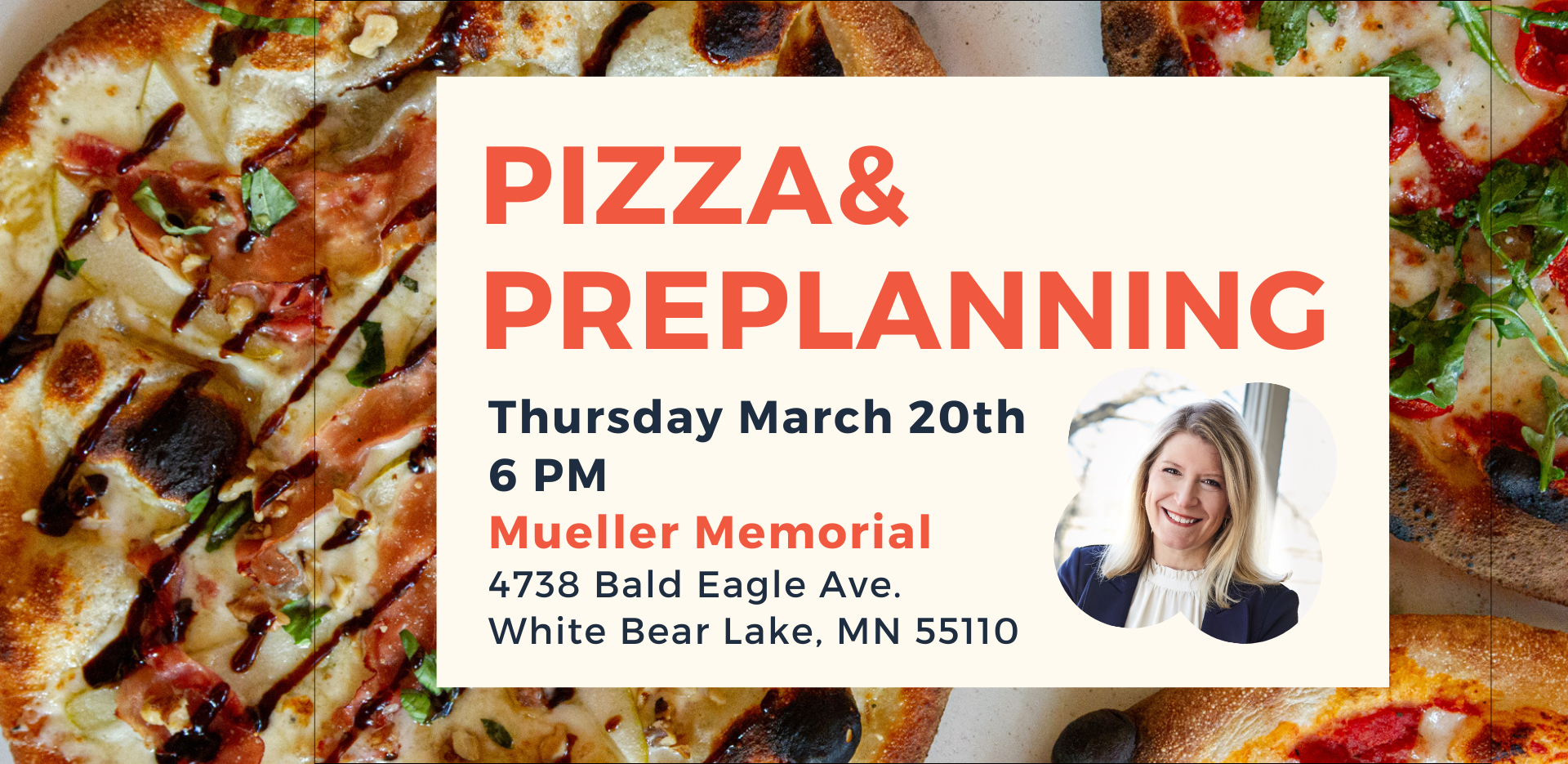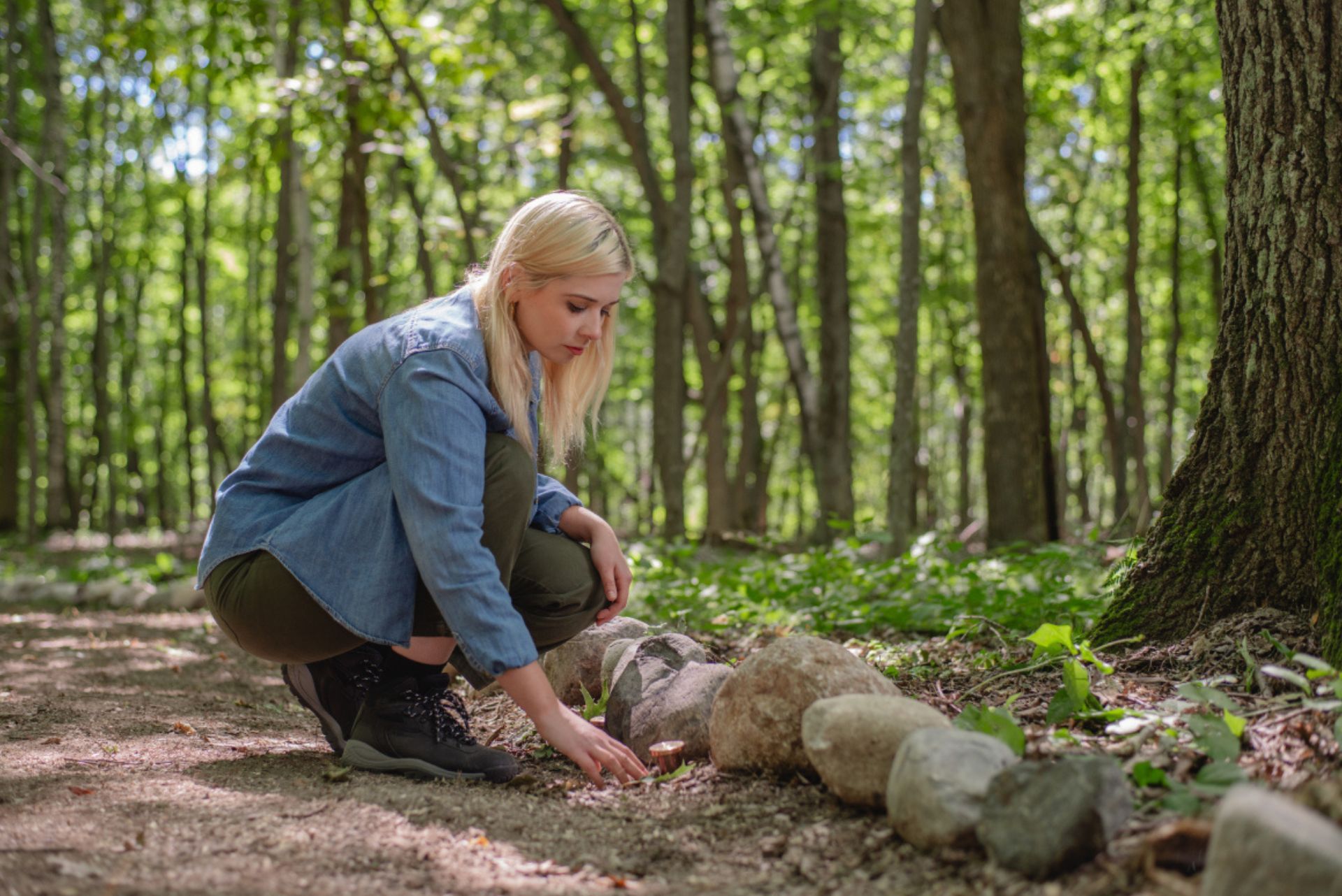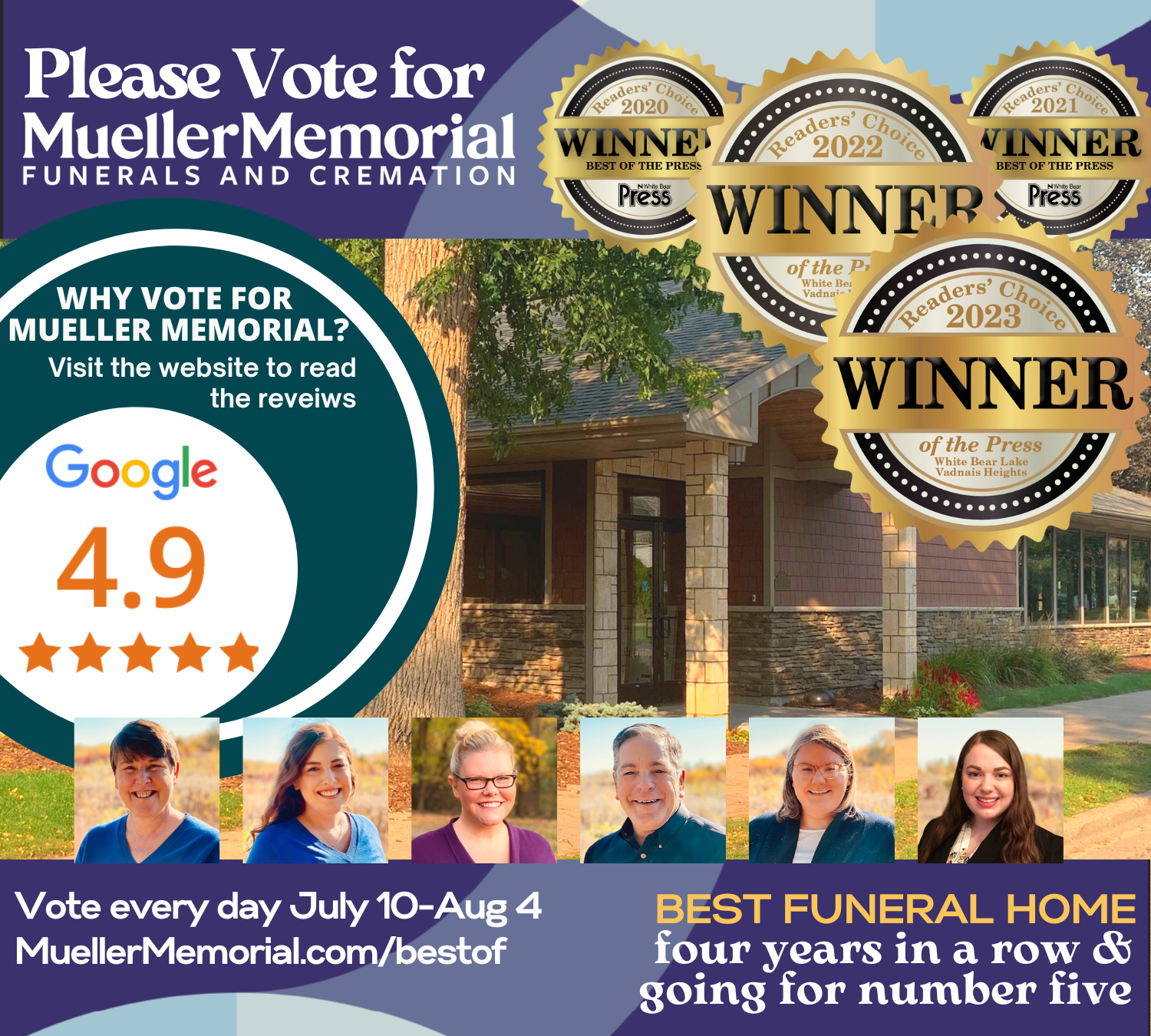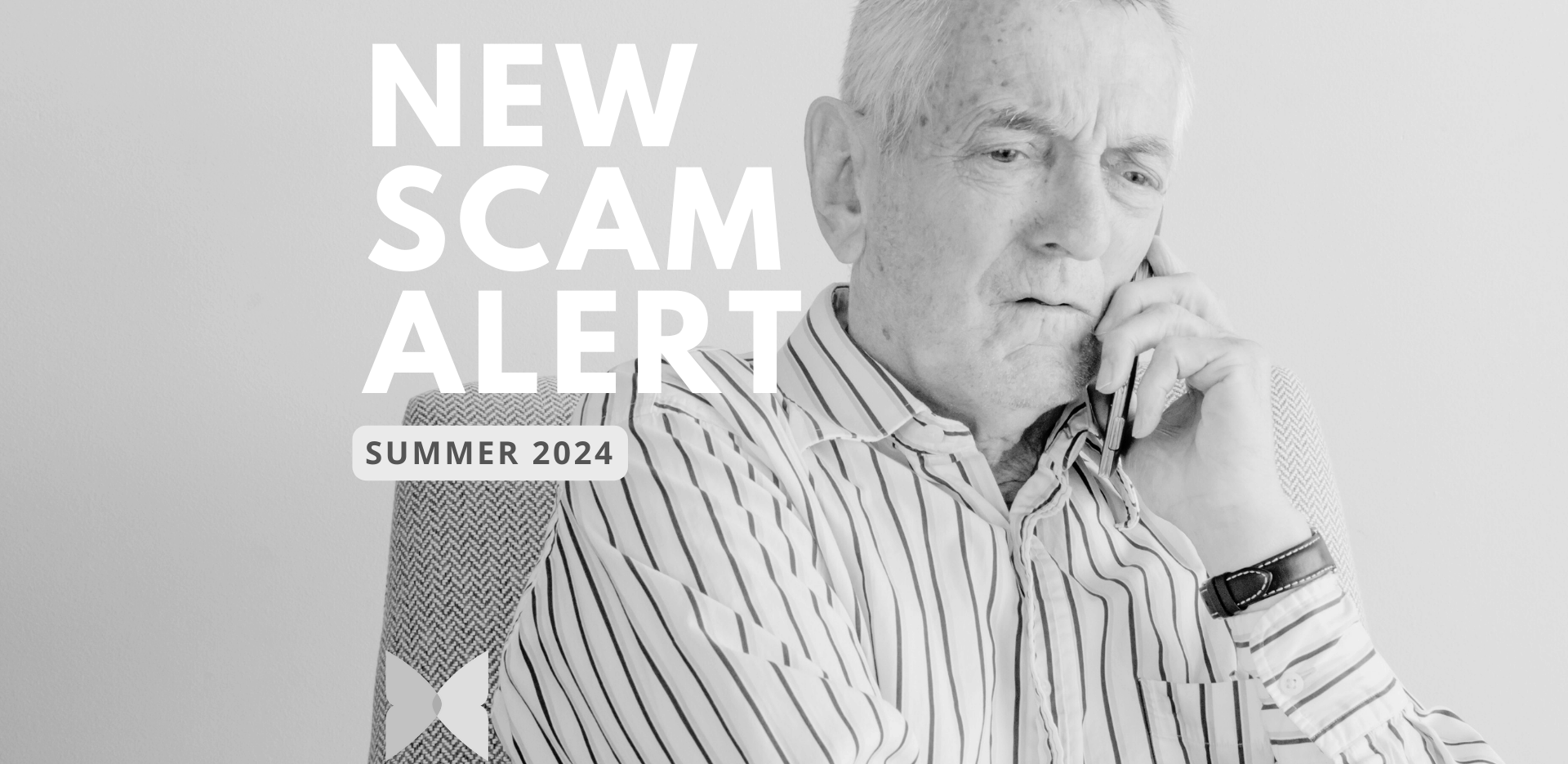You Can't Make Grief Wait
Something we learned during the Pandemic
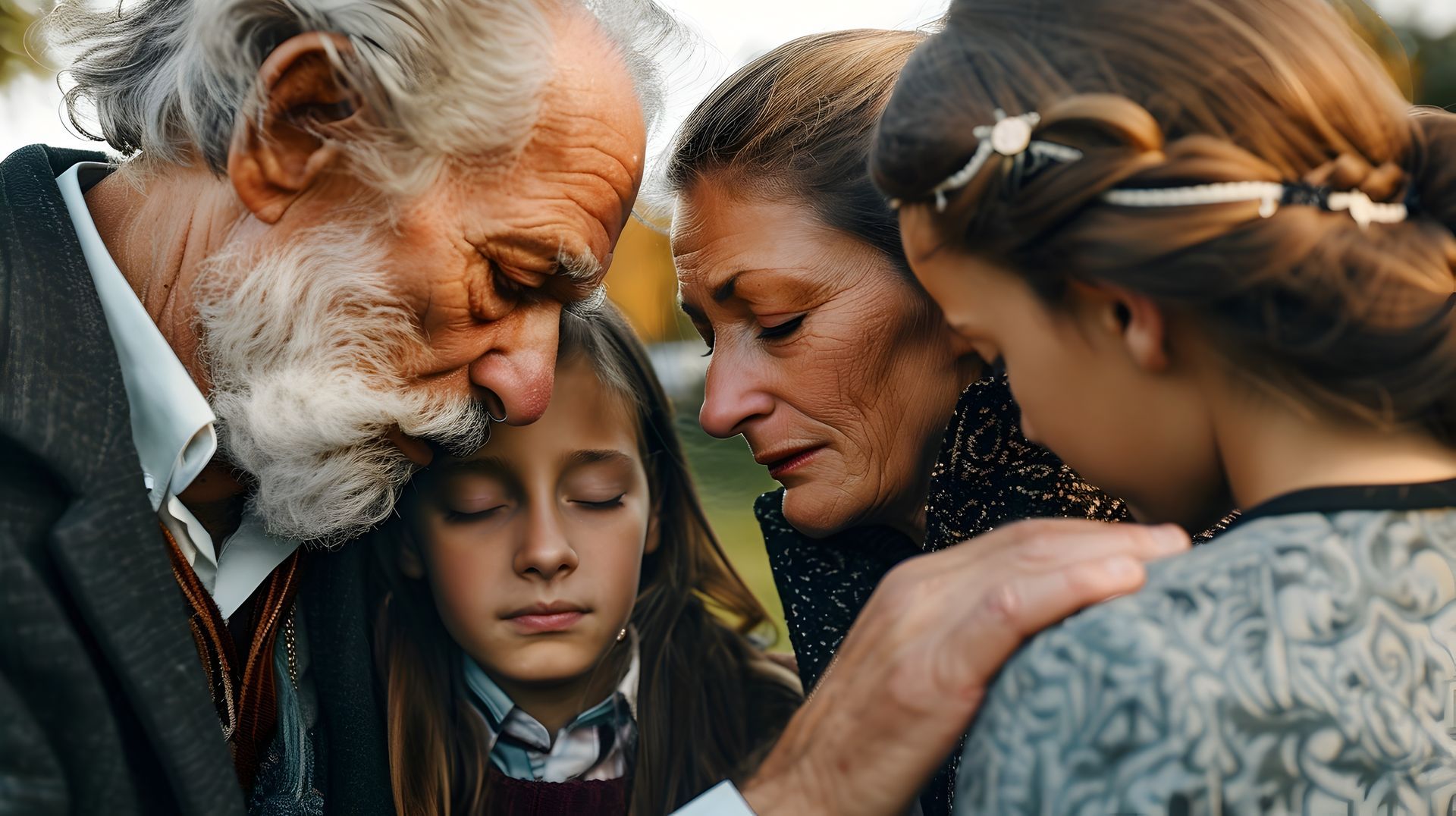
Why Grief Can’t Wait
If you’ve ever lost someone close to you, you already know — grief doesn’t follow a script. It doesn’t wait until it’s convenient.
It hits like a wave, sometimes when you least expect it. And it’s different for everyone.
What we’ve learned over the years — especially during and after the pandemic — is just how important it is to recognize a death right away.
That’s what I want to talk about today.
The importance of timing, of gathering, and of making space for grief when it’s most needed — not when it’s easy or when schedules line up.
Because grief can’t wait. And a funeral? It’s not just tradition. It’s something
the human heart needs.
When the pandemic first hit, we were told to wait.
"We'll do something later," they said. "When it’s safer."
And so many families did — they waited weeks, months, sometimes even longer.
But what we saw was that when the time finally came to gather, grief had already gone underground.
The
loss wasn’t acknowledged properly.
Friends and family had started to move on with their lives.
And the support that people needed most had already faded away.
We learned something very important:
Grief doesn’t hit pause just because the rest of the world does.
And waiting often makes the loneliness heavier, not lighter.
Here’s what we know now — and what, deep down, we’ve always known:
When someone dies, the most critical time to hold a service is within the first
10 to 12 days.
We call this the
acute loss period.
It’s that window where your world feels upside down.
You’re tired. You’re overwhelmed. You’re still trying to understand that the person you love is really gone.
Your
brain knows it happened — but your heart doesn’t feel it yet.
And that's normal.
You know, I like to explain it this way:
If my leg were amputated — if I physically lost it — I could look down and see that it’s gone.
There would be no denying it.
And yet, even with that clear visual confirmation, my brain would still send signals that my toes itch, or that my foot hurts.
That’s real. It’s called
phantom pain.
It’s the brain trying to catch up with a loss that doesn’t make sense yet.
Now, if that’s what happens with a physical loss, imagine what happens with an emotional loss.
When someone we love dies — someone we’ve hugged, laughed with, shared life with —
our brains don’t automatically comprehend that loss either.
It takes time.
It takes recognition.
It takes
gathering.
It takes
witnessing what happened with the people around us.
The acute loss period is nature’s way of helping us start to process it — so that our minds and hearts can begin to align.
And funerals are a vital part of that.
Without a funeral — or if we wait too long — grief can get stuck.
We stay in a suspended state where the loss never feels real.
We feel isolated.
Friends and family, who wanted to help, assume too much time has passed and that maybe we want to be left alone.
But that’s rarely the truth. Grief is already isolating enough.
And without a service, without a gathering, it gets even lonelier.
A funeral isn’t about finality.
It’s about connection.
It’s about recognition.
It’s about creating a space where grief is acknowledged, and where support is given freely.
And this is exactly why, at Mueller Memorial, we focus so much on the acute loss period.
We aren’t just a place to hold a funeral.
We are your guide through those first fragile days — when every decision feels overwhelming and the world feels different.
We’ve built our entire approach around what we call the Big 3:
First, we invest in your comfort.
Our spaces aren’t cold or clinical.
They’re warm, welcoming, and human.
Real furniture. Soft lighting. Fireplaces. Spaces that make you feel like you can breathe again — even when you’re carrying the heaviest grief.
Second, we guide families through the acute loss period.
From the moment you call us, we’re with you — helping you understand what needs to be done, what can wait, and what matters most.
You are never alone in those critical early days.
And third, we stay with you after the funeral through our Grief Compass program.
Because grief doesn’t end at the funeral. It keeps unfolding in waves, long after the casseroles stop arriving.
We check in. We offer resources. We offer ways to keep finding your way forward — on your terms.
We’re not just about a day of service.
We’re about walking with you through the hardest chapter of your life. I know planning a funeral can feel overwhelming.
Especially if the death was sudden. Especially if your heart is in shock.
But I want you to hear this:
You don’t have to figure it out on your own.
You don’t have to get it perfect.
What matters most is that you do something to recognize the life of the person who died.
Something real.
Something meaningful.
Something soon — within those first few days when your heart needs it most.
It doesn’t have to be traditional. It doesn’t have to be formal. But it does have to happen. Because grief needs space.
And love needs witnesses.
At Mueller Memorial, we are fiercely family-owned.
That means we answer to you —
not to shareholders.
We are rooted in this community.
We are committed to walking with families through grief, not just to the funeral, but beyond it.
So whether you’re planning ahead, or you’re facing a death right now,
whether you know exactly what you want or you don’t even know where to start —
we are here.
To walk with you.
To honor the person you love.
To make sure you never feel like you’re carrying it alone.
Thanks for spending this time with me.
And if you need us — truly — we’ll be right here.

